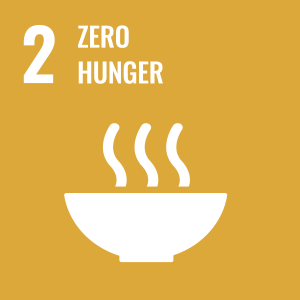Physiological factors affecting performance


Students will learn to apply their knowledge of anatomy and physiology within a sporting context, they will further explore skeletal, muscular, cardiovascular and respiratory systems, energy, exercise physiology, diet, nutrition and injury prevention. Students will be assessed through end of topic tests, peer and self-marking of exam questions and end of year mock exams.
Psychological factors affecting performance
Students will learn how athletes acquire skills, be able to classify skills across different continuums, methods of practice, stages of learning, types of guidance and feedback and memory models. Students will be assessed through end of topic tests, peer and self-marking of exam questions and end of year mock exams.
Sports Psychology
Students will learn about individual differences that will affect participation in physical activity, attitudes, motivation, anxiety, aggression, social facilitation and group dynamics, goal setting, confidence, self-efficacy, leadership and stress management. Students will be assessed through end of topic tests, peer and self-marking of exam questions and end of year mock exams.
Socio-cultural issues in physical activity and sport


Students will learn about the emergence and evolution of modern sport, global sporting events, contemporary issue in physical activity and sport, ethics and deviance, commercialisation, routes to sporting excellence and modern technology.



